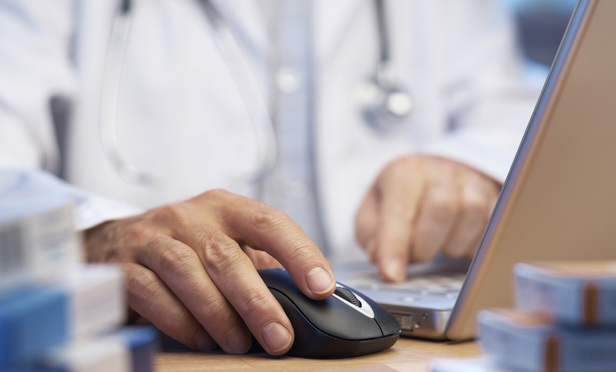Hospitals, clinics and medical practices are increasingly employing physician assistants and other so-called “mid-level” providers or “practice extenders.” According to the National Commission of Certification of Physician Assistants, the number of certified PAs has increased by 35.86 percent from 2010 to 2015, when there were 108,717 licensed PAs nationally. In response to this trend, the New Jersey Physician Assistant Licensing Act, was substantially amended in 2016 to define the scope and limitations of the practice of a physician assistant. See N.J.S.A. 45:9-27.10 et seq. Every health-care lawyer should be familiar with the act, particularly malpractice lawyers.
The act requires that one must graduate from an accredited program and pass the national certifying examination administered by the NCCPA in order to obtain a license to practice as a PA in New Jersey. N.J.S.A. 45:9-27.13. The act also requires that every PA “be under the supervision of a physician at all times during which the physician assistant is working in an official capacity.” N.J.S.A. 45:9-27.18. However, the supervising physician need not be physically present “provided that the supervising physician and physician assistant maintain contact through electronic, or other means of, communication.” Id.
This content has been archived. It is available through our partners, LexisNexis® and Bloomberg Law.
To view this content, please continue to their sites.
Not a Lexis Subscriber?
Subscribe Now
Not a Bloomberg Law Subscriber?
Subscribe Now
LexisNexis® and Bloomberg Law are third party online distributors of the broad collection of current and archived versions of ALM's legal news publications. LexisNexis® and Bloomberg Law customers are able to access and use ALM's content, including content from the National Law Journal, The American Lawyer, Legaltech News, The New York Law Journal, and Corporate Counsel, as well as other sources of legal information.
For questions call 1-877-256-2472 or contact us at [email protected]



